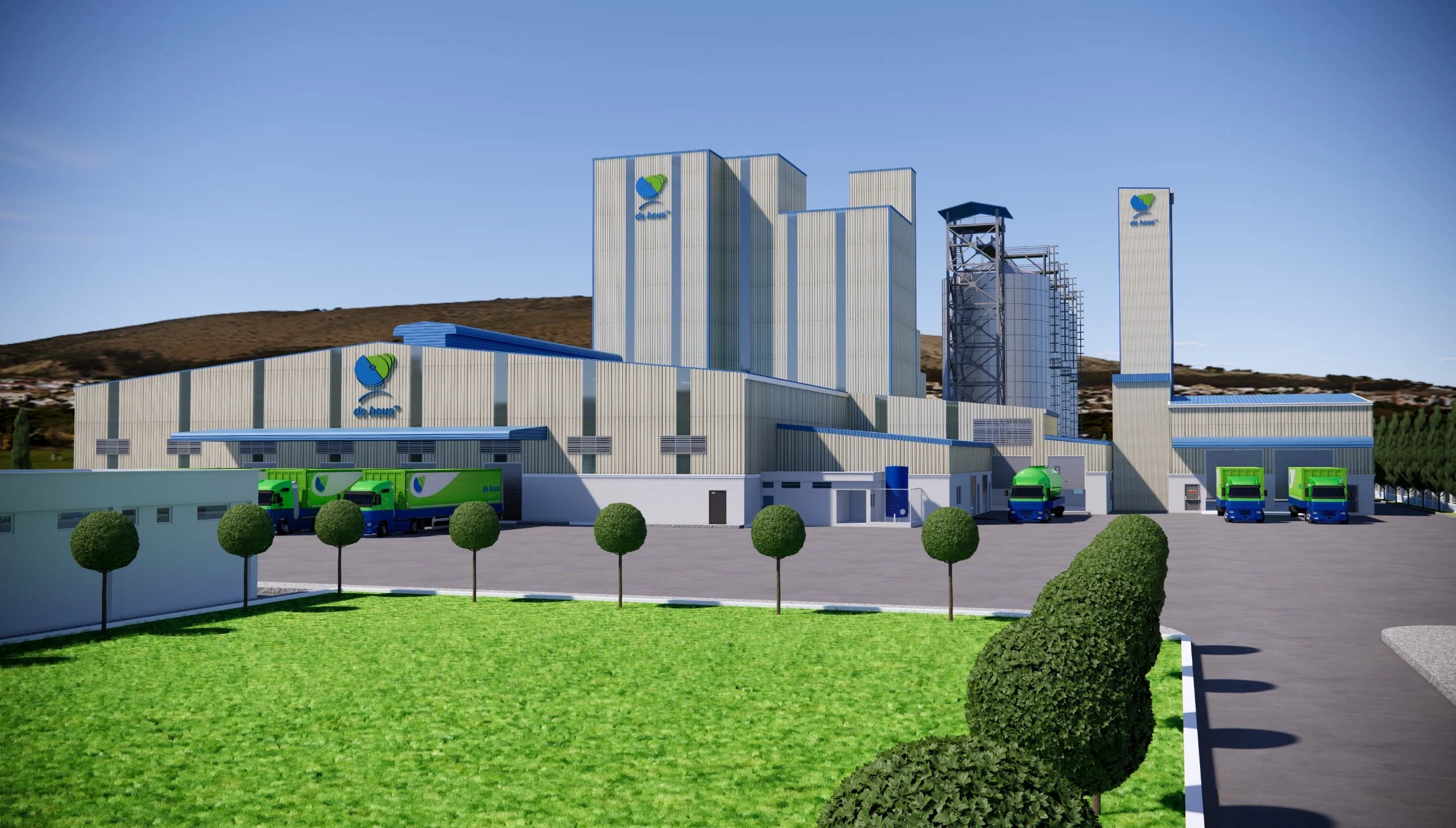 23 Jul 2025
23 Jul 2025
De Heus has opened a new modern feed plant in India using state-of-the-art equipment. The factory started testing and commissioning in June and is expected to deliver commercial products in August of this year.
“We already produce animal feed at various rental factories in India,” said Stefan van den Bogaard, Group Director Technology & Investments.
“With our greenfield project, we have already ceased operations at one of the rental facilities and will gradually end the remaining ones — underlining our long-term commitment and trust in the Indian market.
“Our new factory in Rajpura, Punjab, similarly will produce stable, reliable, high-quality feed for ruminants, swine and poultry, which will help farmers improve their performance.”
Cutting-edge factory
On technology and equipment installed at the plant, Mr van den Bogaard said they imported equipment to ensure high production efficiency and stable quality.
“Our suppliers include several international companies with whom we’ve built strong relationships through our operations in Europe and Asia,” he said.
In choosing equipment, quality is always paramount. Moreover, our Group Capex team members design the entire production process in-house, giving the company a major competitive advantage across the globe.
Ensuring feed quality and performance
To safeguard feed quality, the feed plant will also have its own professional laboratory on site.
“Quality control is key for us,” said Mr van den Bogaard. “It’s about both nutrient values and feed safety.”
In the laboratory, all raw materials and finished products undergo stringent testing to check for contamination and verify nutrient levels.
“If we’re selling a product with say 25% protein, it’s in there with a very small variance. Some of our local competitors conduct far fewer lab tests and some of the smaller ones don’t even test at all,” he explained.
As a result, farmers can rely on a stable quality of De Heus feed consistently, which is vital for them for improved animal health and performance.
Overcoming construction challenges
Building factories in other countries is not always smooth sailing though. A substantial part of the construction materials and equipment are imported from Europe and Vietnam.
“Importing materials and equipment can be a challenge and time consuming, but we do it for very good reasons,” said Mr van den Bogaard.
“Due to our strong presence in many countries – and because some of our team members having lived abroad – we have preferred suppliers for automation and installation supervision, which we engaged for several projects. That’s the huge benefit of our global presence and network.”
The strict standards maintained by De Heus are often a new experience for workers.
“Many of the laborers have worked all their lives in construction and aren’t used to wearing safety boots, helmets and vests,” he said. “We don’t make any compromises regarding safety, so we maintain our global standards at these sites.”
To ensure high standards and smooth project execution, De Heus assigned experienced project managers and technical specialists to the location. These experts oversee all aspects of engineering, procurement and construction, working closely with local teams and plant managers on site.
Subscribe now to the technical magazine of animal nutrition
AUTHORS

Nutritional Interventions to Improve Fertility in Male Broiler Breeders
Edgar Oviedo
The Use of Organic Acids in Poultry: A Natural Path to Health and Productivity
M. Naeem
Synergistic Benefits of Prebiotics and Probiotics in Poultry, Swine, and Cattle
Gustavo Adolfo Quintana-Ospina
Hybrid Rye Potential in Laying Hen Feed Rations
Gwendolyn Jones
A day in the life of phosphorus in pigs: Part I
Rafael Duran Giménez-Rico
Use of enzymes in diets for ruminants
Braulio de la Calle Campos
Minerals and Hoof Health in the Pregnant Sow
Juan Gabriel Espino
Impact of Oxidized Fats on Swine Reproduction and Offspring
Maria Alejandra Perez Alvarado